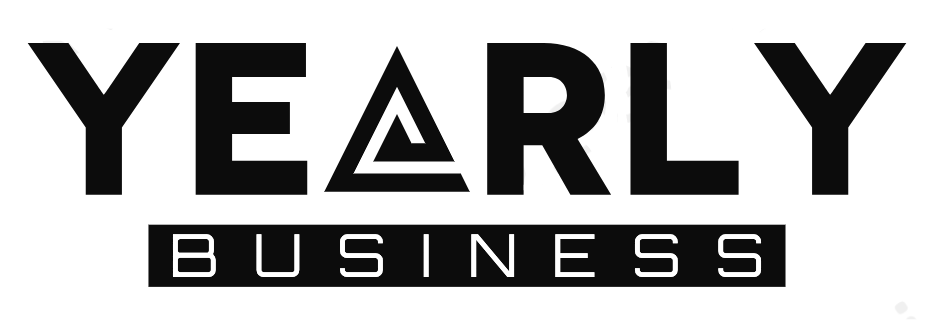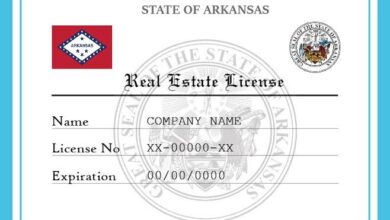Can a Property Owner Block an Easement: Legal Insights

Imagine the frustration of finally finding your dream property, only to discover a hidden legal quagmire that threatens your access and rights.
The question looms: can a property owner block an easement? Delve into this intriguing dilemma to unravel the complexities and empower yourself with the knowledge you need to protect your property interests.
Introduction
In the realm of property ownership and land use, easements play a crucial role in ensuring access and utility. They provide the legal framework for shared land usage. However, disputes can arise when property owners question whether they can block an easement. In this article, we’ll delve into this intricate legal topic, shedding light on the rights and limitations of property owners in the context of easements.
What is an Easement?
To grasp the situation better, let’s start with the basics. An easement is a legal right that permits someone to use another person’s property for a specific purpose. This purpose can vary widely, from accessing a shared driveway to installing essential utility lines. Easements typically come into existence during property subdivision and are documented in the property’s deed, providing a legal framework for shared property use.
Easements Are Binding on All Owners
Once an easement is established, it becomes a legally binding agreement for all future property owners. In simple terms, if your property has an existing easement, you cannot block it or deny its use to the easement holder, regardless of your personal preferences. This legal principle aims to protect the rights of those with established easements and ensure access and utility.
Legal Recourse for Easement Holders
If a property owner attempts to block an easement, the easement holder has legal options at their disposal. They can take legal action to enforce their rights, including seeking a court order that compels the property owner to remove any obstacles obstructing the easement. Furthermore, the blockage may result in the easement holder seeking damages for any inconvenience or loss, thereby ensuring the protection of their rights under the law.
Exceptions to the Rule
While the general principle is that property owners cannot block easements, there are exceptions to this rule. Property owners may be able to block an easement under certain circumstances, but these exceptions are relatively narrow, and the burden of proof often rests on the property owner to demonstrate valid reasons for doing so.
a. Misuse of the Easement
If the easement holder is not using the easement for its intended purpose, a property owner might have grounds to block it; however, proving misuse can be a complex legal matter, requiring substantial evidence and legal expertise.
b. Obsolete or Unnecessary Easement
In some cases, an easement may become obsolete or unnecessary due to changes in property use or infrastructure, prompting property owners to argue for blocking such easements; however, whether their claims are valid is subject to legal scrutiny.
Seeking Amicable Resolutions
When faced with a property owner attempting to block an easement, it’s advisable to initially seek an amicable resolution. Open communication and negotiation can often lead to compromises that satisfy both parties, fostering a more harmonious coexistence on property matters. Finding a middle ground can be a win-win solution.
Legal Recourse for Easement Holders
If amicable resolutions prove unsuccessful, legal action may become necessary. Consulting with an attorney is essential to explore your legal options and, if required, file a lawsuit. A court order resulting from a successful lawsuit may require the property owner to remove obstructions and award damages to the easement holder, ensuring the protection of the easement holder’s rights and the delivery of justice.
Variability in Easement Law
It’s crucial to recognize that easement law varies from one state to another, making it imperative to consult an attorney with expertise in your specific jurisdiction to ensure you receive accurate legal advice when dealing with easement-related disputes. Their guidance can help you navigate the complex legal landscape effectively.
Conclusion
In conclusion, easements that have been legally established generally cannot be blocked by property owners. Easements are binding on all future property owners and serve essential purposes in land use and access. While there are exceptions, such as misuse or obsolescence, resolving easement disputes often requires legal assistance and a thorough understanding of state-specific laws, ensuring that the rights of all parties involved are duly protected.


